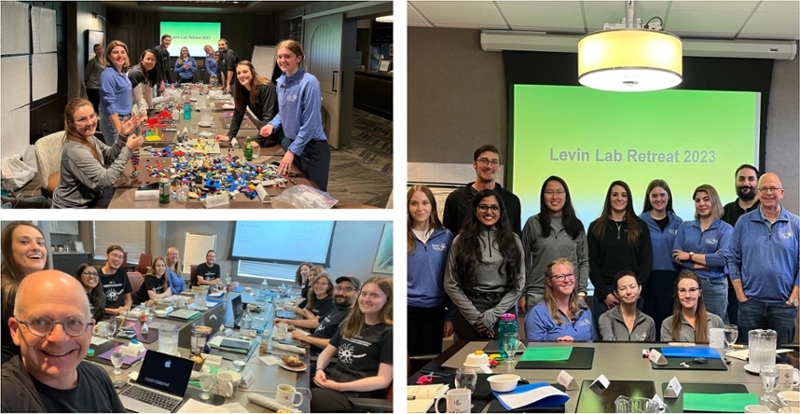Our Vision
Welcome to the LEVIN LAB for MS! The goal of the Levin Lab is to stop MS and other neurological diseases in their tracks! We do this by designing and performing experiments to understand and prevent the death and damage to neurons and axons, known as neurodegeneration, which causes permanent disability in persons living with MS.
Our Research
For more than 20 years, we have studied how a protein named heterogeneous nuclear ribonucleoprotein A1 (or ‘A1’ for short) works in neurons. This is important because A1 is central to how neurons function, so when it malfunctions, neurons become injured or die in a process known as neurodegeneration. Neurodegeneration causes permanent disability in MS.
Using cutting edge technology including RNA sequencing, CRISPR/Cas9, transgenic mice, viral engineering, and molecular modeling, we discovered that A1 malfunction in neurons causes neurodegeneration in MS and laboratory models of MS. We next designed novel drugs that prevented A1 malfunction and inhibited neurodegeneration, which has the potential to reduce neurologic disability, improve the lives of persons living with MS, and stop MS in its tracks!
- Read Our Nature Communications Paper
- View Video on Our A1 Discovery
- Publications
- Read About Our Research in the Globe & Mail

Meet Dr. Levin
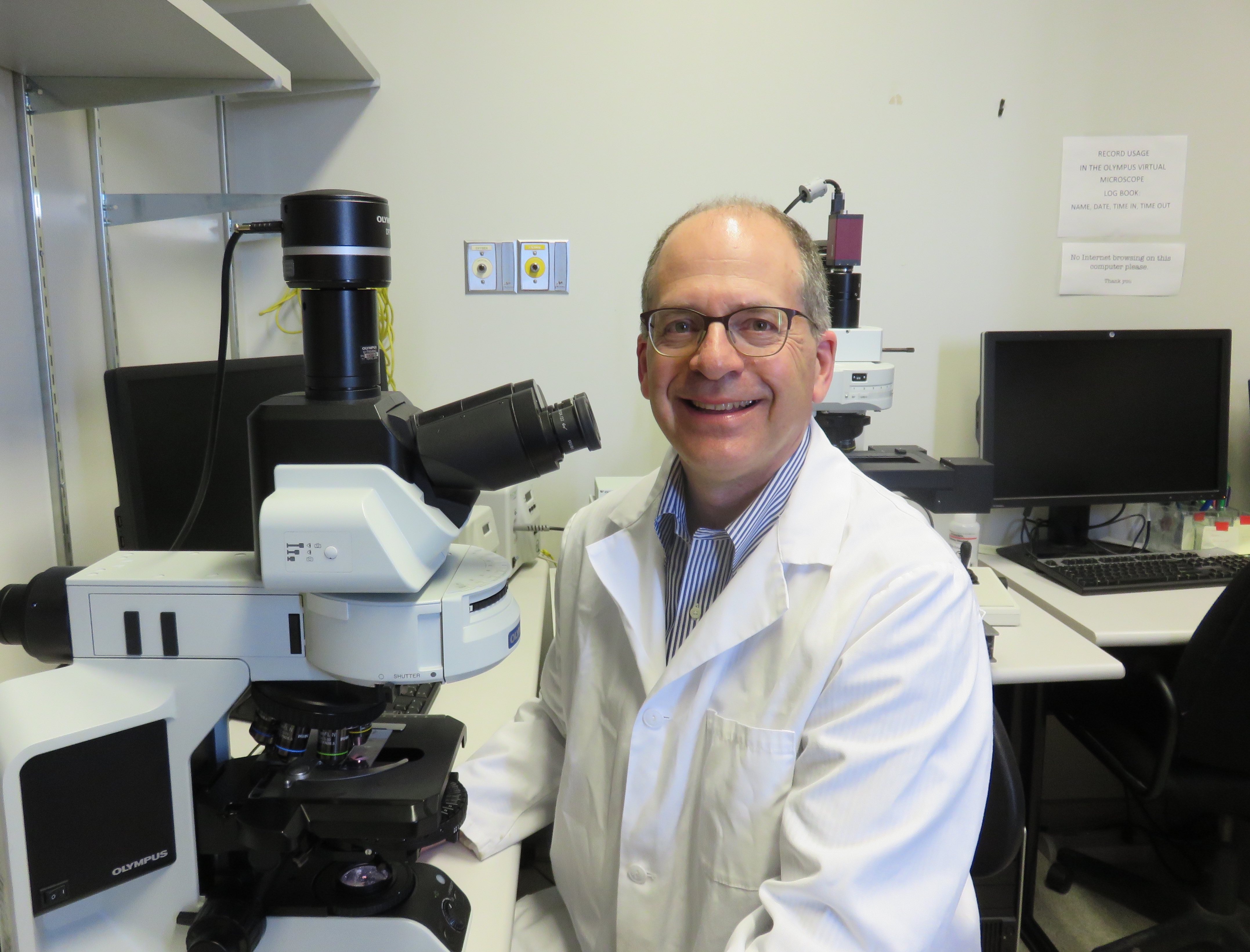
Michael C. Levin, MD, is the inaugural Saskatchewan Multiple Sclerosis Clinical Research Chair and Professor of Neurology and Anatomy, Physiology & Pharmacology at the University of Saskatchewan. He received his Bachelor of Science degree in Chemistry with special honors at George Washington University, his medical degree at Pennsylvania State University and basic neuroscience training at The Salk Institute with Drs. Max Cowan and Paul Sawchenko. Dr. Levin completed his residency training in Neurology at the New York Hospital/Cornell Medical Center – Memorial Sloan Kettering Cancer Center where Drs. Fred Plum and Jerry Posner mentored him including while he was chief neurology resident. He then completed his Multiple Sclerosis (MS) post-doctoral fellowship in the Neuroimmunology Branch at the National Institutes of Health with Drs. Henry McFarland and Steve Jacobson.
He was recruited to the University of Tennessee in Memphis where he moved up the ranks to professor with tenure, was Chief of the Neurology Service at the Memphis Veterans Affairs Medical Center and led the MS clinic and developed a translational research program based on the role that dysfunctional RNA binding proteins play in the pathogenesis of neurodegeneration in MS and relevant MS models. His work has been published in The New England Journal of Medicine, Nature Communications, Nature Medicine, Glia, Annals of Neurology, Neurology, the Journal of Comparative Neurology, and the Journal of Neuroscience Research. Dr. Levin has received more than 30 awards for academic excellence and his work has been recognized by the National Multiple Sclerosis Society, American Academy of Neurology, and the Society for Neuroscience.
Here at the University of Saskatchewan, Dr. Levin’s cutting-edge work on dysfunctional RNA binding proteins in MS has been recognized by a Canadian ‘Science, Technology, Innovation and Collaboration’ Award for the discovery of stress granules in brain tissue of an MS patient and a Canadian Tri-agency New Frontiers Research Grant – one of the most competitive in Canada - which is awarded for high risk, high reward interdisciplinary research that has the potential for significant impact. Most recently, his team discovered that an RNA binding protein named heterogeneous nuclear ribonuclear protein A1 (‘A1’ for short), is abnormal in nerve cells of people with MS. Abnormal A1 causes nerve cell death resulting in permanent disability. Using innovative drug design, Dr. Levin’s team identified multiple drugs that normalized A1 in nerve cells, which not only stopped nerve cells from dying, but also promoted their regeneration! These new drugs, which are being patented and prepared for clinical trials, are designed to prevent disability and improve the lives of persons living with MS.
Dr. Levin is married to his lovely wife of more than 30 years, Dr. Audrey Zucker-Levin, an academic physical therapist. He has two strappingly handsome sons and is an avid sailor and scuba diver.
Meet the Team
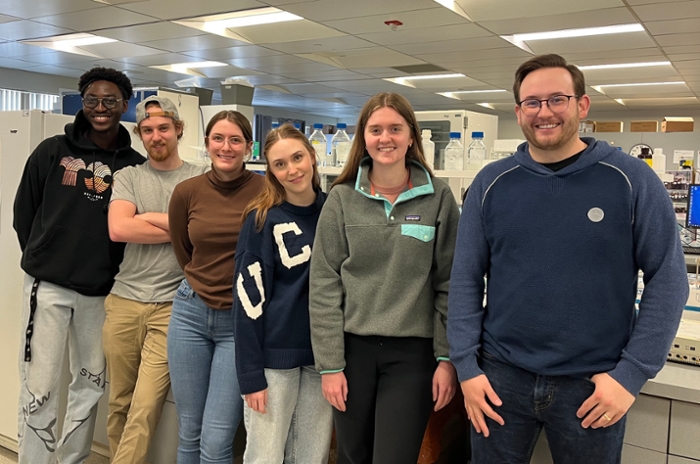
Experiment of the Week!
Congratulations to Dhananyaja Dhananjaya on winning Experiment of the Week!

Join Our Team!
Join a dynamic, world-class, generously funded basic and translational science multiple sclerosis research lab! The laboratory of Dr. Michael Levin offers personalized mentorship, state of the art laboratory facilities, customized coursework, highly competitive compensation, and the opportunity for basic scientists to work hand-in-hand with clinicians in Saskatoon City Hospital and the University of Saskatchewan. We currently have positions available for highly motivated MSc and PhD students.
We are also currently accepting applications for a Research Assistant position! Please submit your application through the University's application portal linked below.
News

Congratulations to our summer medical student, Dr. Cole Libner, on winning the Whitaker Award at the Consortium of Multiple Sclerosis Centers (CMSC) Conference in Nashville, TN for Best Trainee Research Presentation!
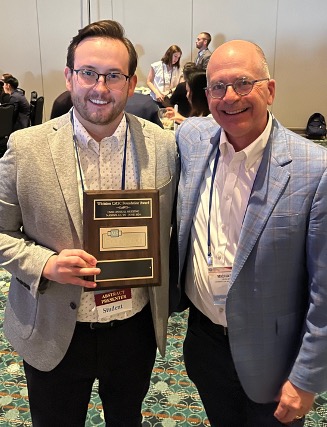
Our research has been featured in the Globe & Mail! Read the article here.

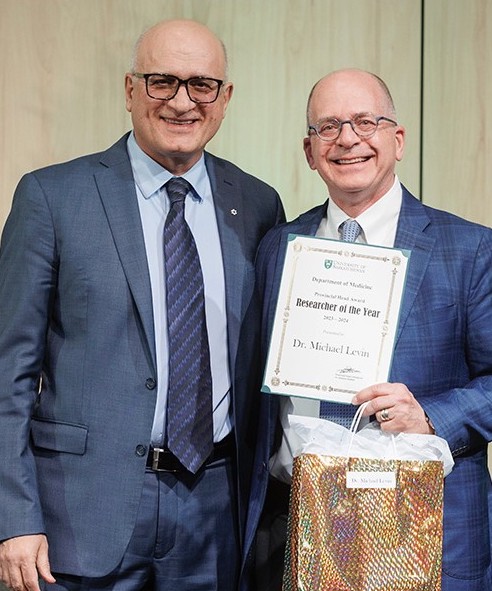
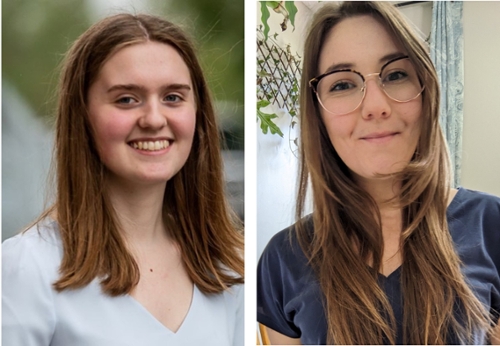
Congratulations to our undergraduate honour's student, Kaitland Fior, and PhD student, Miranda Messmer, who both won awards at the USask 2024 Life & Health Sciences Research Expo! Kaitland won 1st place in the Undergraduate 1 category and Miranda won 2nd place in the Basic Science 2 category.
Kaitland and Miranda's abstracts can be found here.
Congratulations to our honour's project student, Kaitland Fior, who was awarded an NSERC Undergraduate Student Research Award for her upcoming summer research project!

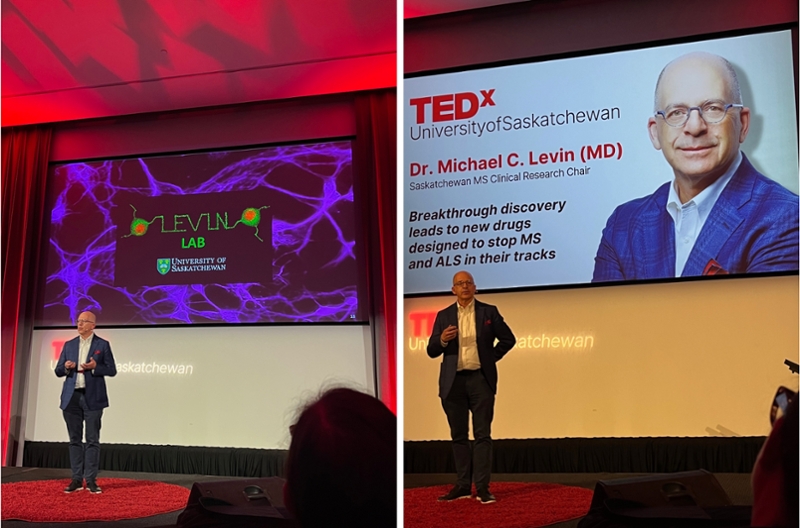
Congratulations to Dr. Levin for being selected to give a TEDx talk at USASK on January 21, 2024. Watch Dr. Levin's TEDx Talk here!
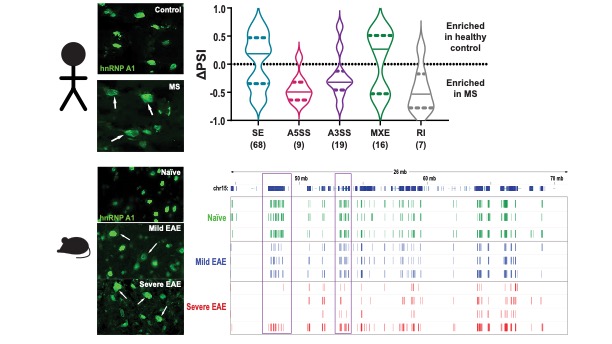
Congratulations to our graduate student, Miranda Messmer, on being awarded the Raifta Shwedyk Bursary Fund!
This bursary makes a donation toward the endMS National Training Program to sponsor a student trainee attending the endMS Summer School from a university in Manitoba or Saskatchewan.
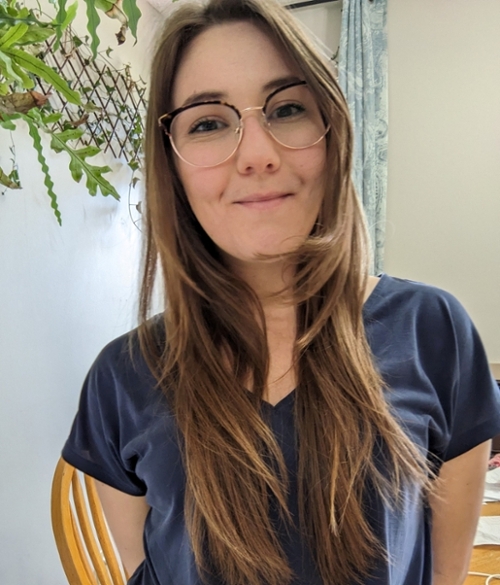
Congratulations to our Professional Research Associate, Dr. Hannah Salapa, on winning the 10X Genomics Single Cell Grant competition! This grant is funded by 10X Genomics and the University of Saskatchewan Next-Generation Sequencing Facility to support creative and innovative single cell sequencing pilot projects.
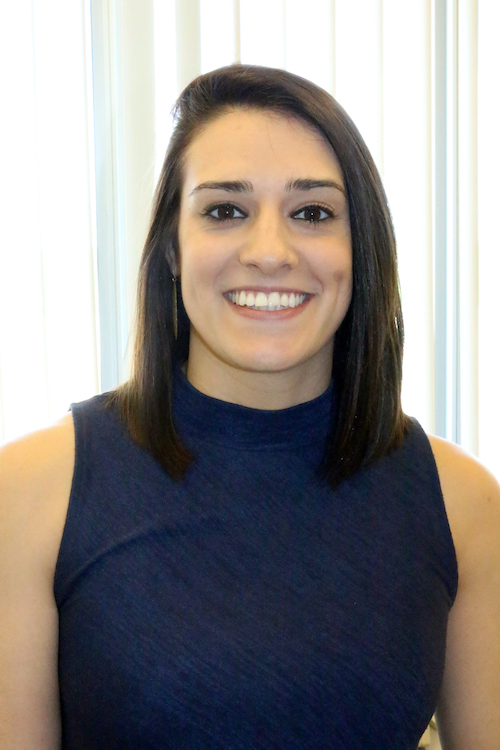
Congratulations to Dr. Cole Libner on being selected as a Foundation of the Consortium of Multiple Sclerosis Centers Research Scholar!
Cole completed his PhD with us last year before starting medical school at the University of Saskatchewan. He has returned to the lab this summer to complete a research project titled, "Novel small molecule therapy to inhibit neurodegeneration in an in vivo model of multiple sclerosis."
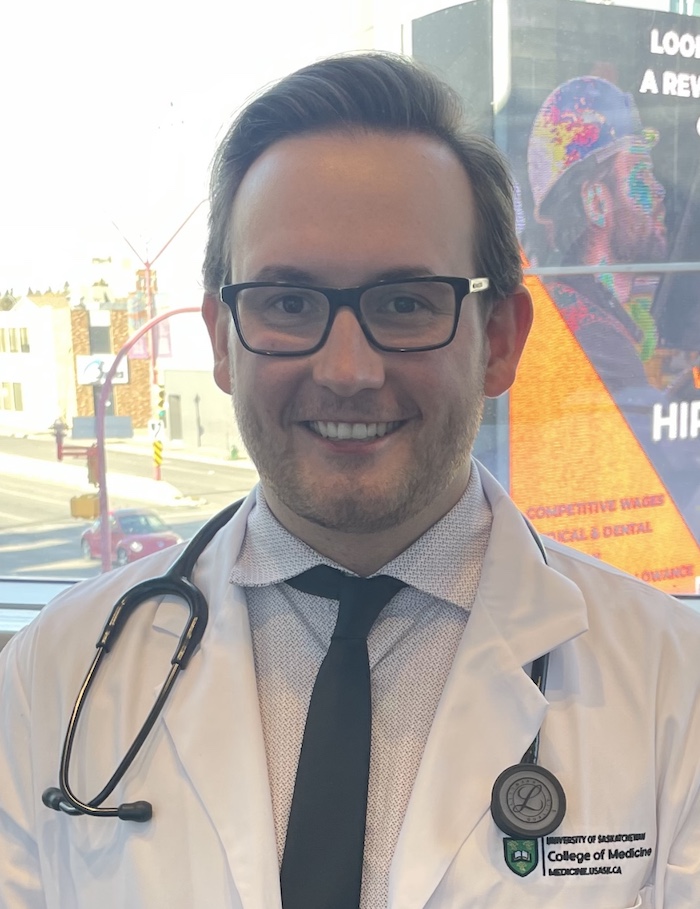
Congratulations to our post-doctoral fellow, Dr. Joseph P. Clarke, on the acceptance of his paper titled, "Sequence- and structure-specific RNA oligonucleotide binding attenuates heterogeneous nuclear ribonucleoprotein A1 dysfunction" to the journal Frontiers in Molecular Biosciences! 🥳
In a cellular model that imitates aspects of MS, Dr. Clarke and colleagues demonstrated that RNA oligonucleotides attenuate heterogeneous nuclear ribonucleoprotein A1 (hnRNPA1) dysfunction and its detrimental downstream cellular effects. This is important because hnRNPA1 dysfunction has been shown to contribute to the pathogenesis of MS and using RNA oligonucleotides to disrupt hnRNPA1 dysfunction may be used as a treatment for MS.
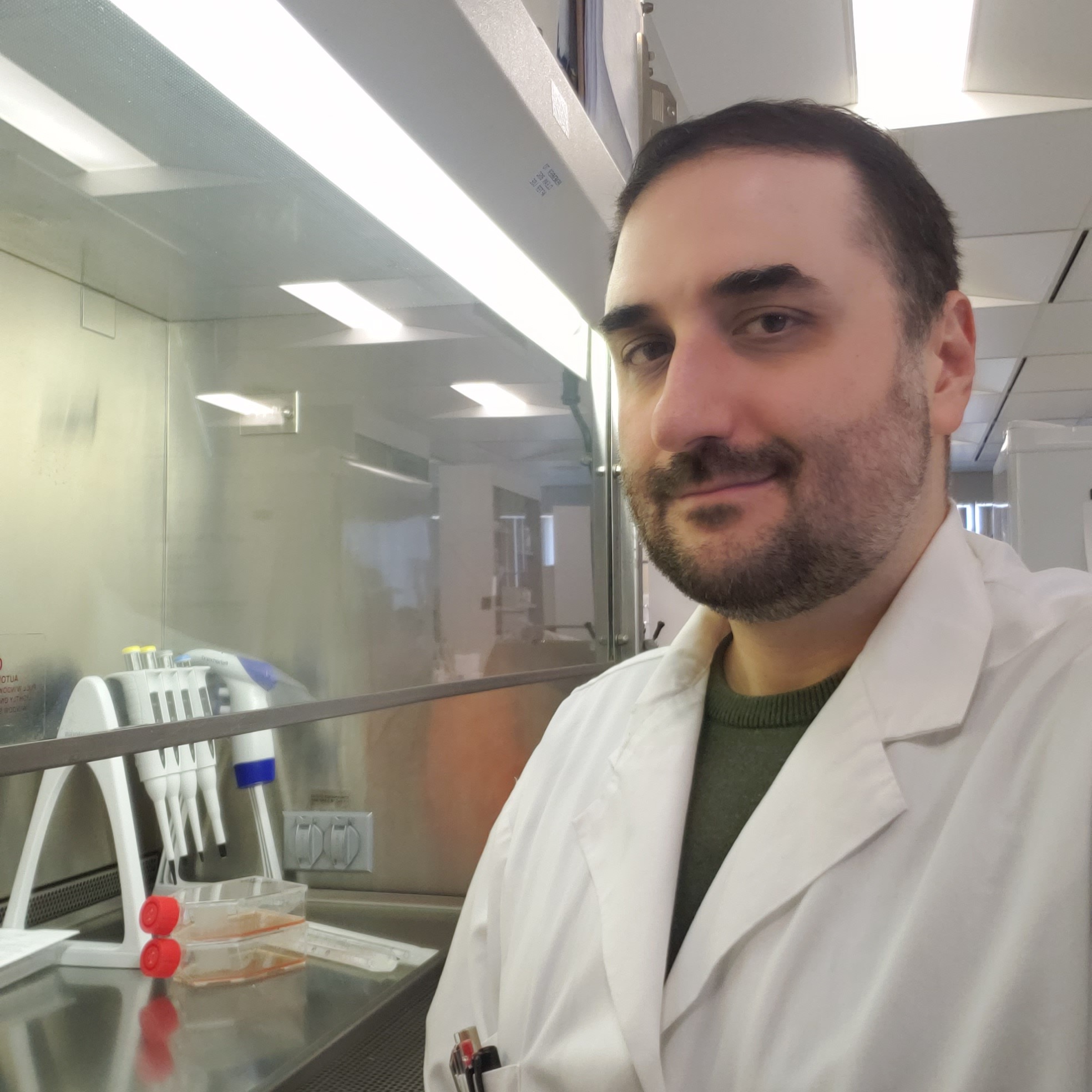
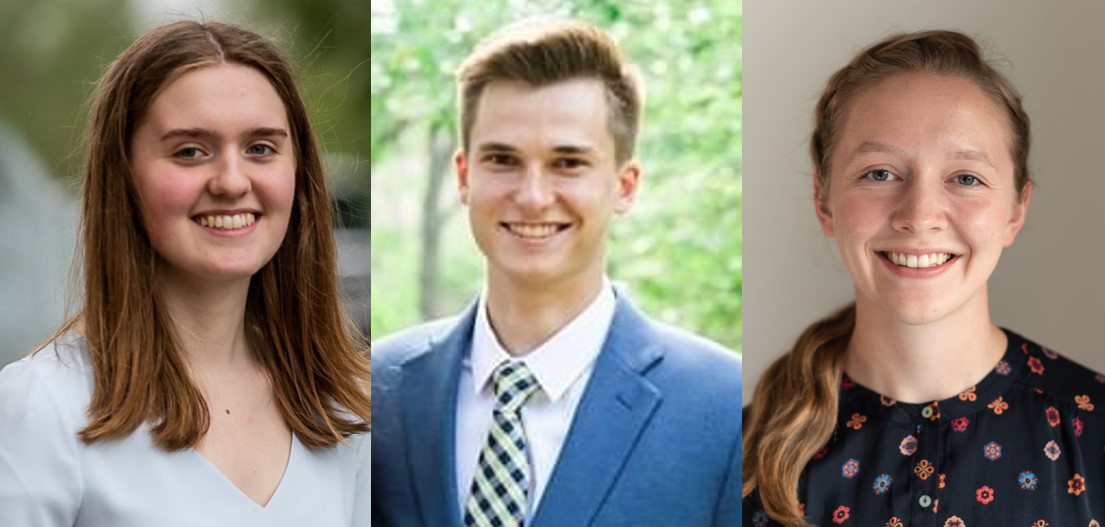
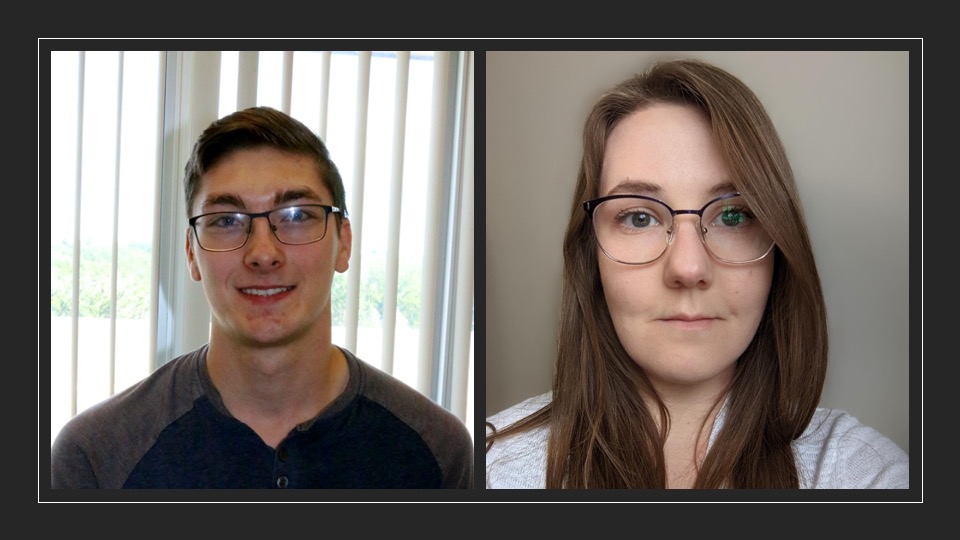
We are pleased to announce that our project proposal titled, "Excellence in Multiple Sclerosis (MS): Co-creating an updated and prioritized Saskatchewan MS Clinical Research Agenda" has been funded by a SHRF Research Connections grant! This project will bring together key players in MS care and research to collectively establish a common agenda, create opportunities to share updates and insights, and support integration of the recently developed SK MS Care Pathway into clinical practice. Thank you, SHRF, for your continued support!



Congratulations to two of our lab alumni, Muxue Li and Rachel Hamilton, on the recent publication of their paper titled, "Proinflammatory cytokines and autoantibodies induce dysfunctional RNA binding protein biology in mouse primary cortical neurons"! Published in Brain Sciences, this article demonstrates that primary neurons exposed to pro-inflammatory cytokines and anti-A1 antibodies--both characteristic of an MS autoimmune response--displayed increased A1 mislocalization, stress granule formation, and decreased neurite length, a marker of neurodegeneration. Check it out! https://doi.org/10.3390/brainsci11101282
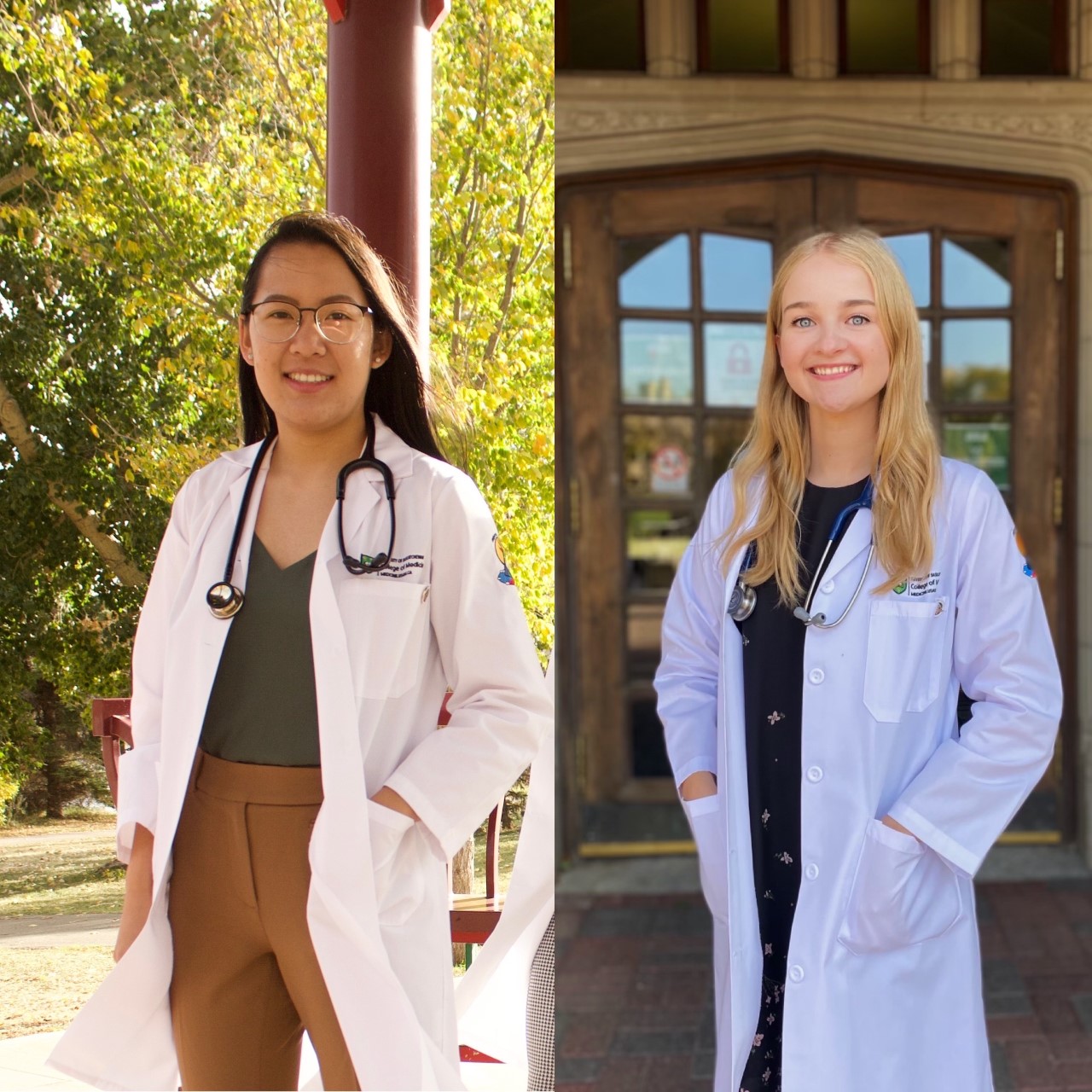
Have you heard? The latest episode of Researchers Under the Scope features Dr. Michael Levin! He talks about how his interest in multiple sclerosis began and the dramatic change in how the disease has been treated over the years.
Listen here!
https://lnkd.in/ebBewV3Y

Contact Us
Catherine Hutchinson
Office of the Saskatchewan MS Clinical Research Chair
c.hutchinson@usask.ca | (306) 655-8350


